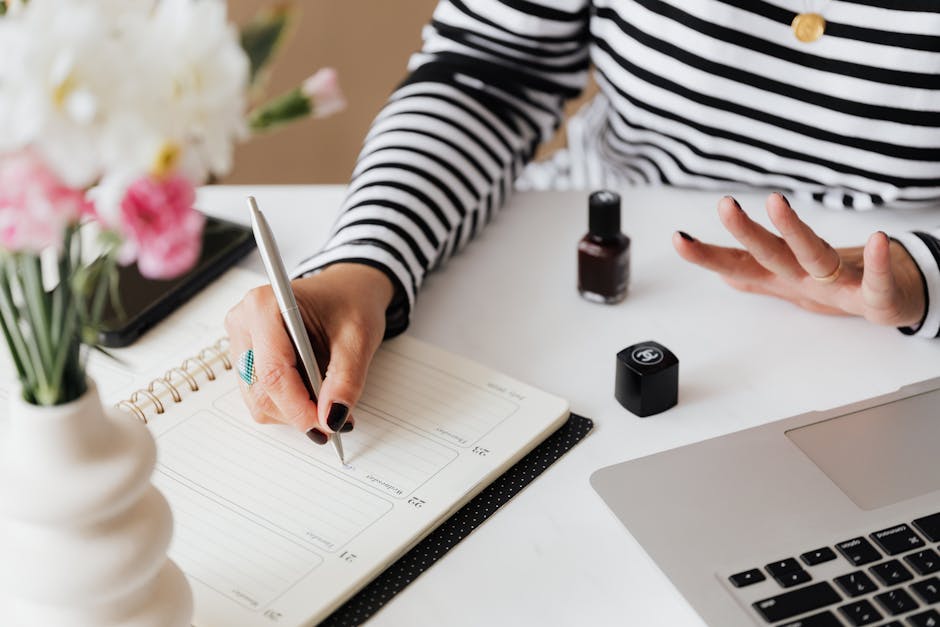Early in my development, the stark beauty and emotional rawness of Sylvia Plath’s confessional poetry resonated deeply. Her unflinching honesty, her ability to excavate the darkest corners of the psyche and render them in vivid, often unsettling imagery, proved a powerful catalyst. While I do not emulate her direct styleher characteristically sharp, almost violent metaphors are not my ownher fearless exploration of personal experience provided a crucial lesson: vulnerability can be a source of immense power in poetry. It instilled in me the importance of authentic expression, of not shying away from difficult emotions or challenging subjects.
A different kind of influence comes from the meticulous craftsmanship of Elizabeth Bishop. Her poems, seemingly simple on the surface, are actually intricate tapestries woven from precise language and keen observation. Bishop’s mastery of form, her ability to find profound meaning in seemingly mundane details, has profoundly shaped my own approach to revision and the pursuit of clarity and precision. I learned from her the value of patiently refining a poem, of striving for a balance between emotional depth and formal control. Her restraint, her avoidance of unnecessary flourish, serves as a constant reminder to let the poem speak for itself.
Moving beyond the confines of traditional forms, the innovative experimentation of E.E. Cummings’ work holds a distinct place in my development. His playful manipulation of typography, his unconventional use of punctuation and syntax, shattered my preconceived notions about the limitations of poetic language. Cummings demonstrated that form itself could be a vehicle for meaning, a way of conveying emotion and perspective beyond the limitations of conventional structure. While I may not adopt his radical typographical innovations wholesale, his work liberated me from the constraints of adhering strictly to established rules, encouraging exploration and experimentation in my own approach to structure and visual presentation.
Beyond poetry, the prose of Virginia Woolf profoundly impacted my understanding of narrative voice and stream-of-consciousness techniques. Woolf’s ability to capture the fluidity and complexity of inner experience, her mastery of evocative imagery and sensory detail, has significantly influenced my approach to crafting fictional narratives. Her experimental style, particularly in works like *Mrs. Dalloway*, showcases the power of fragmented perspectives and interior monologues to create a rich and immersive reading experience. I strive to emulate her capacity for evoking mood and atmosphere, utilizing carefully chosen details to create a sense of place and time that resonates with the reader on an emotional level.
However, my influences aren’t confined solely to established canonical figures. The voices of contemporary poets and writers have also shaped my aesthetic sensibilities. The work of Ocean Vuong, for example, with its exploration of identity, trauma, and the complexities of human connection, continues to inspire me. His unique blend of vulnerability and lyricism challenges me to delve deeper into the emotional core of my own writing, to find ways of expressing the inexpressible with grace and power. The subtle nuances of language, the deft interplay between memory and present experience, all speak to a poetic sensibility that I greatly admire.
Finally, it is crucial to acknowledge the less tangible influences: the conversations with fellow writers, the feedback received from mentors and readers, and the shared experiences of workshops and readings. These interactions have provided invaluable insights, critiques, and a sense of community that have shaped my writing journey. The collective wisdom and encouragement of the literary community have played a crucial role in developing my voice and refining my craft.
In conclusion, my own style is not a singular, monolithic entity, but rather a dynamic and ever-evolving process shaped by a multitude of influences. From the confessional rawness of Plath to the meticulous craftsmanship of Bishop, from the experimental freedom of Cummings to the innovative prose of Woolf and the contemporary sensitivity of Vuong, my writing reflects a synthesis of various literary approaches and aesthetic values. It is a testament to the power of literature to inspire, challenge, and ultimately shape the voices of those who engage with it. This ongoing conversation with literary giants, both past and present, continues to enrich and inform my own creative endeavors, ensuring that my river continues to flow, constantly reshaped by the tributaries of experience and influence.
